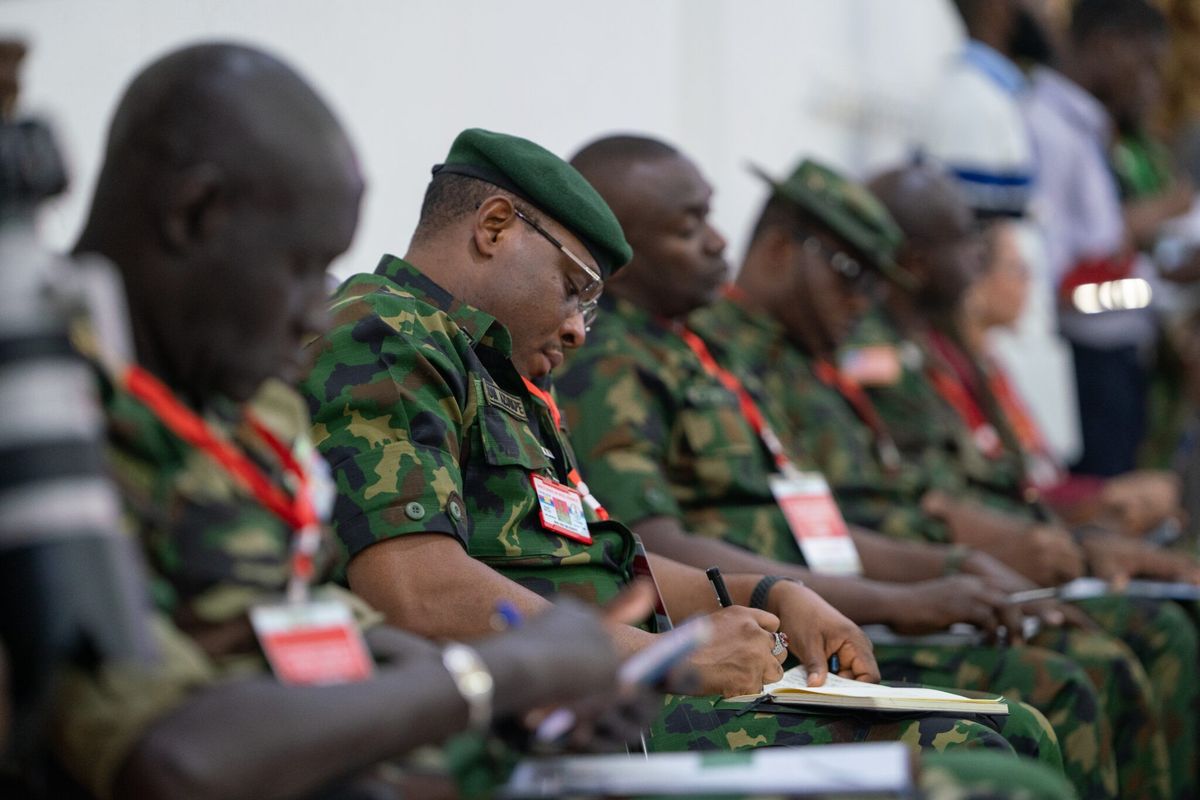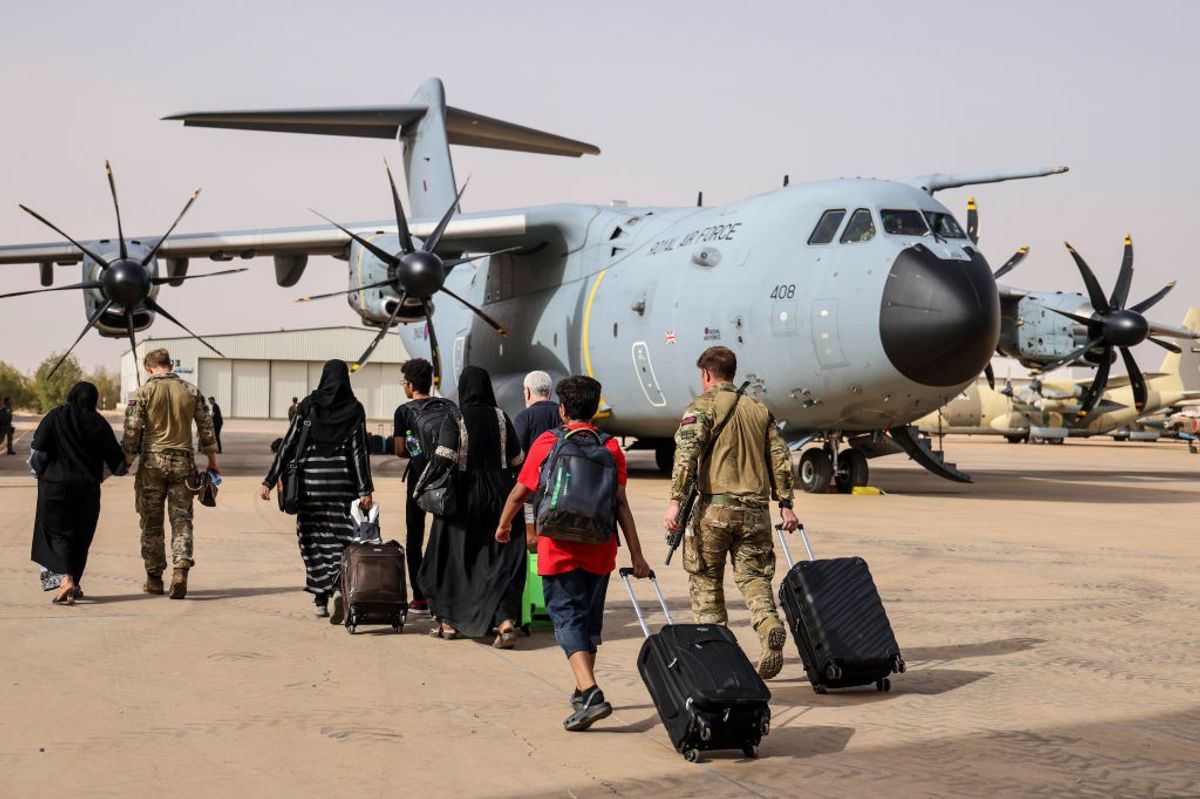Ebola may be out of most news headlines, but it has not completely vanished from West Africa. Although the health situation has dramatically improved, there were four cases of Ebola reported in Guinea last week, and Sierra Leone reported five new cases in mid-September. The Special Representative on Ebola Response for the World Health Organization (WHO), Dr. Bruce Aylward, believes that the goal of zero transmission “remains very possible within 2015.”
Since the first confirmed Ebola case in December 2013, there have been a total of 28,424 reported cases, 11,311 of which ended fatally, making this the deadliest Ebola outbreak in history. By the time the WHO declared Ebola an “international health emergency” on August 8, 2014, the disease had spread from Guinea to Liberia and Sierra Leone, and the same strain would go on to infect individuals in Nigeria, the U.S., and Spain.
Inadequate healthcare systems in Guinea, Sierra Leone, and Liberia help explain the extent to which the disease spread. For example, from 2005 through 2013, Sierra Leone had approximately 19 physicians, nurses, and midwives per 100,000 people, compared with Liberia’s 28, Guinea’s ten, and the United States’ 245. With over 500 medical professionals dying from Ebola, West Africa now has a dearth of healthcare workers.
Local traditions and distrust of government led to an atmosphere of fear and misinformation. These also served as a barrier to combatting the virus, hindering both the effectiveness of public campaigns that circulated instructions for avoiding contraction of the virus and the ability of healthcare professionals to combat the virus. In some instances, healthcare professionals were brutally attacked and/or killed, because some people feared that they were intentionally spreading the disease.
Doctors Without Borders (MSF), a frontline international emergency medical aid agency, maintains that foreign governments and the WHO are at fault because of the delayed response to the outbreak. MSF declared there was an Ebola outbreak three months before the WHO officially confirmed it, inaction that restricted aid and personnel support in the early stage of the crisis. MSF also contends that no one was prepared for the nightmarish spread and magnitude of the epidemic.
West Africa is still focusing on how to eliminate the virus and ease the social and economic consequences of the epidemic. The World Bank Group estimates that Liberia, Guinea, and Sierra Leone will lose at least $2.2 billion in forgone economic growth in 2015 as a result of Ebola, in addition to job losses, smaller harvests, and food insecurity. A reduction in tourism and foreign direct investment has compounded the government financial woes undertaken to eliminate the virus.
Meanwhile, international observers and responders are developing best practices for acting quickly and effectively in the case of a future pandemic. These policies are not only applicable to humanitarian concerns, but are also relevant for international security. Although the Ebola crisis was not a result of a biological weapon attack, preparations for and responses to a disease outbreak and biological weapon attack are similar. Whether the outbreak emerges naturally or intentionally is a primary differentiating factor. As such, developing capacity to respond quickly and effectively, in addition to managing public response, is critical.
Alana Garellek is an analyst with The Cipher Brief.













